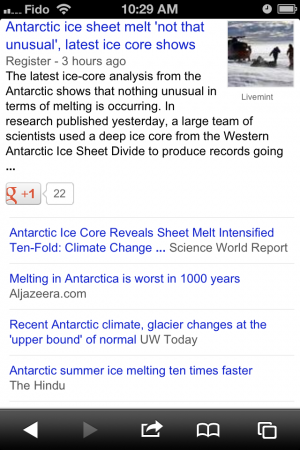“What is inherently wrong with torture?
Investigation as to what is wrong with torture, independent of its bad effects, may throw some light on why torture is practised and how academics obscure the purpose of torture when they debate its justification as a way of extracting information to save multiple lives in a ticking bomb context. What is inherently wrong with torture is captured by the Kantian idea that torture violates physical and mental integrity and negates autonomy, humanity and dignity, coercing the victim to act against their most fundamental beliefs, values and interests. For Shue, it is that fact that the victim is powerless before unrestrained conquerers that accounts for the particular disgust torture evokes. For Parry, torture demonstrates the end of the normative world of the victim and expresses the domination of the state and the torturer. The torturer and the victim create their own terrible world of over-whelming vulnerability and total control with potential escalation that asserts complete domination. Torture is world destroying in its ability to invert and degrade ideas of agency, consent and responsibility.
Sussman argues that there is a distinctive kind of wrong that characterises torture that distinguishes it from other kinds of violence or physical and psychological harm. What is wrong with torture is not just that torture enacts an asymmetrical relation of complete dependence and vulnerability so that the victim acts against his or her own choices and interests. Nor is it just the profound disrespect shown to the humanity and autonomy of the victim as an extreme instance of using a person as a means to an end they would not reasonably consent to. Torture involves a systematic mockery of the moral relations between people. It is a deliberate perversion of the value of dignity and an insult to agency. Agency is turned on itself. The torturer forces the victim into a position of colluding against himself, so he experiences himself as simultaneously powerless (a passive victim) yet actively complicit in his own debasement. Torture is not just an extreme form of cruelty, but an instance of forced self-betrayal where the torturer pits the victim against himself, an active participant in his own violation.
These accounts focus on what happens when torture takes place, rather than the bad consequences of torture or what specific practices constitute torture. What constitutes torture here is not defined by the severity or intensity of pain, but rather by the logic of the morally perverted structure of the relationship between torturer and victim. If what is inherently wrong with torture is the mockery of moral relations, the asymmetrical relationship of power and defencelessness it enacts which degrades agency, humanity and dignity; which coerces the victims to act against their choices, beliefs, values and interests, then it could be that this is precisely why it is used. The explanation of what torture is, is connected to the point and purpose of torture.
Within a ticking bomb situation, the motive for torture is the need to extract information, but Parry argues that this is not the only purpose:
… the impulse to torture may derive from identification of the victim with a larger challenge to social order and values. The possibility takes on greater salience amid claims that the threat of terrorism requires aggressive self defence in the post September 11 world… when the social order is threatened especially by people seen as outsiders or subordinates, torture may function as a method of individual and collective assertion that creates perhaps an illusory sense of overcoming vulnerability through the thorough domination of others.
Parry points out US interrogation practices take place against a background of terrorism which has created a sense of vulnerability and social upheaval. Given this, it is plausible to suggest that in addition to seeking information from suspects, torture has been used to assert and confirm the unconstrained power of the US, to degrade and dehumanize the enemy, to force the silencing and betrayal of their beliefs and values, to signify the end of their normative world. It would not be surprising to learn that torture has been used as a means of total domination and social control, not only over the prisoners in the cages of Guantanamo, or the cells in Afghanistan and Iraq, but over those communities hostile to US power, to intimidate and to break their collective will in accordance with their own beliefs, values, and interests.
If the impulse to torture is as much about instantiating power relationships as it is about extracting actionable, credible information, then this may explain, though it could never justify, why the US resorted to torture in its war on terrorism. Such an explanation is necessary especially given that counterproductive consequentialist considerations undermine arguments which excuse or sanction the torture of terrorist suspects for alleged intelligence benefits. Such an explanation fits given that the vast majority, if not all cases of torture and cruel, degrading and inhuman treatment since September 11 could not be justified by the belief that the suspects held vital information that could divert imminent catastrophic attacks. Torture and other forms of ill-treatment have become the norm rather than an exception in rare circumstances. Yet, despite this, torture continues to be debated as if it were merely a morally questionable way to extract information and as if it was this purpose which requires defending.”
Ramsay, Maureen. “Can the torture of terrorist suspects be justified?” in Andrew, Christopher et al eds. Secret Intelligence: A Reader. London; Routledge. 2009. p. 422-3 (paperback) (emphasis added)


